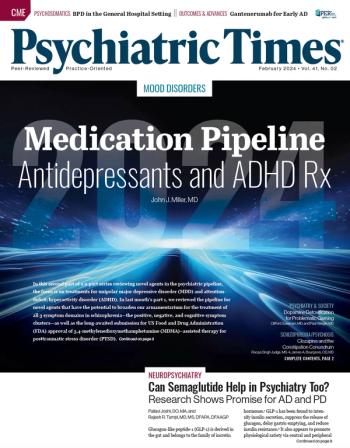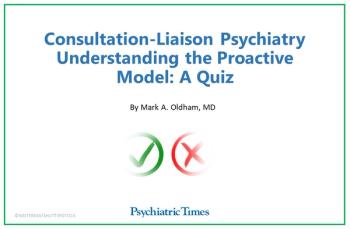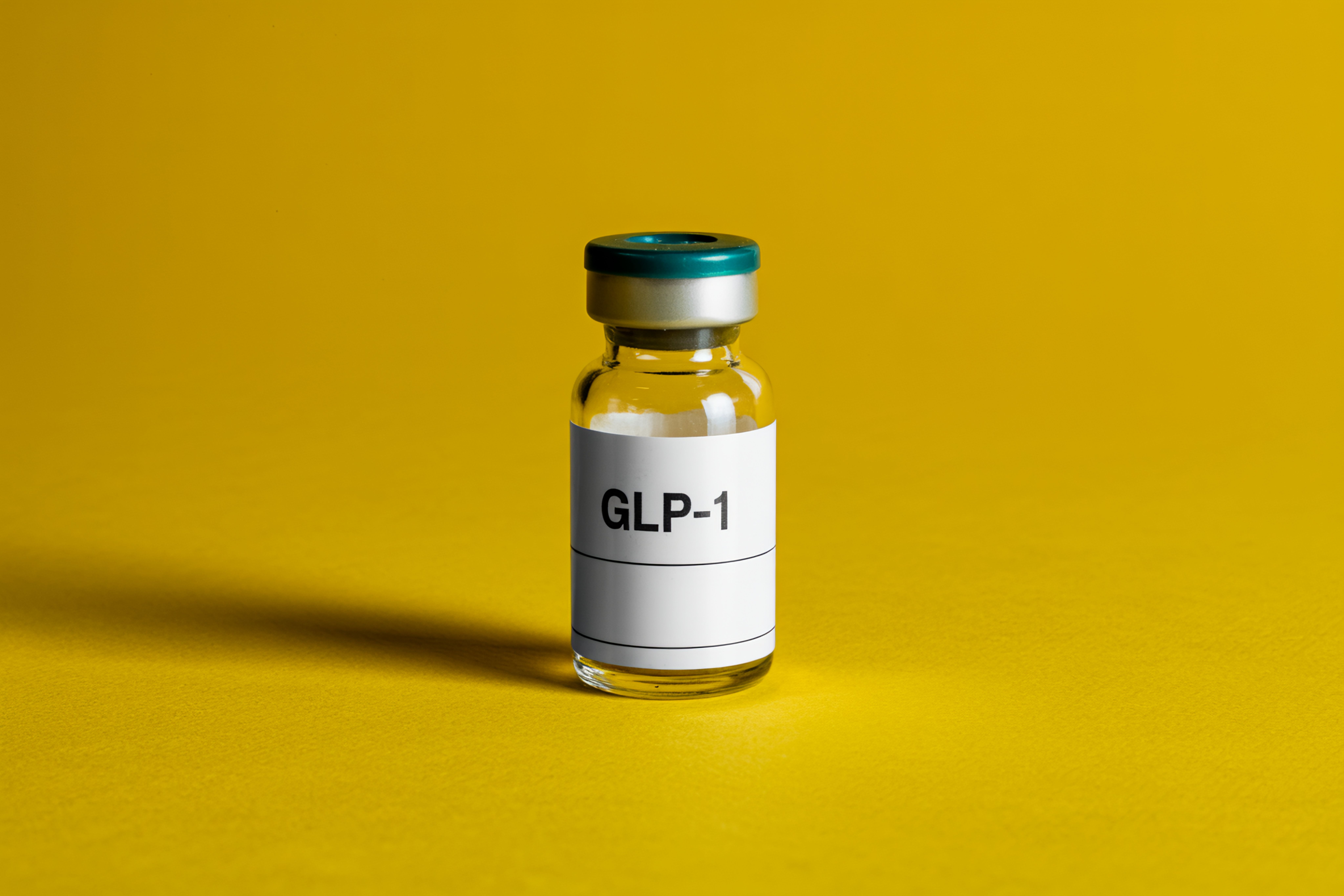
Comorbidity
Latest News

Childhood-Onset Fluency Disorder: Perspectives on Comorbid Anxiety and Stuttering
Latest Videos

CME Content
More News

Here are highlights from the week in Psychiatric Times.

The study sheds light on the potential risks and adverse effects of polypharmacy in patients with complex psychiatric conditions.

What is new in research on posttraumatic stress disorder?

What is new in research on opioid use disorder?

From personality disorders and common comorbidities to the effects of abortion bans on mental health, here are highlights from the week in Psychiatric Times.

The experts weighed in on a wide variety of psychiatric issues for the February 2024 issue of Psychiatric Times.

In patients seen in the medical setting, as many as 20% have personality disorders.

Research shows an undeniable connection between PTSD and eating disorders.

Comorbid SUD and ADHD is associated with more severe illness. What do we understand about these comorbid conditions and what do we still need to learn?

A recent study demonstrates how large-scale, real-world data analyses can elucidate patterns of disease comorbidity.

Headaches are a common comorbidity among a variety of psychiatric diagnoses.

Transgender and gender-diverse youth experience higher rates of depression, suicidal behaviors, and self-injury than their cisgender peers. Here's what you need to know.

Catch up on all the latest in psychiatric comorbidities.

30% to 60% of individuals seeking treatment for SUD also meet criteria for PTSD.

Digital therapeutics may be poised to step up as the next CBT.

Comorbidity: The concept is simple enough, but in practice, comorbidity drives complexity and presents the specters of diagnostic ambiguity and therapeutic unpredictability.

LGBTQ+ youth may be particularly vulnerable during these unprecedented times.

Sleep, depression, and bipolar disorder: what's the connection?

Effective treatment of depression in individuals with comorbid depression and type 2 diabetes mellitus is important for both conditions.

Here’s how to integrate treatment strategies that address both ADHD and comorbid conditions.

General medical illness can contribute to affective disorders in elderly patients. Treating the medical illness is an integral part in treating depression in these patients.

Although clinicians and patients may wish otherwise, the comorbidity of ADHD and bipolar disorder needs to be considered.

The “tip of the spear" metaphor reflects consultation-liaison’s place as the most forward clinical psychiatry service in the wider medical world that can lead improvements in patient care.

How much do you know about the innovative Proactive Consultation-Liaison (C-L) Psychiatry model? Learn more and test your knowledge in this interactive quiz.

Mental illness accounts for a third of all years lived with disability and is associated with twice the relative risk of all-cause mortality. An estimated 8 million deaths are attributable to mental disorders every year, with two-thirds due to comorbid medical illness.







